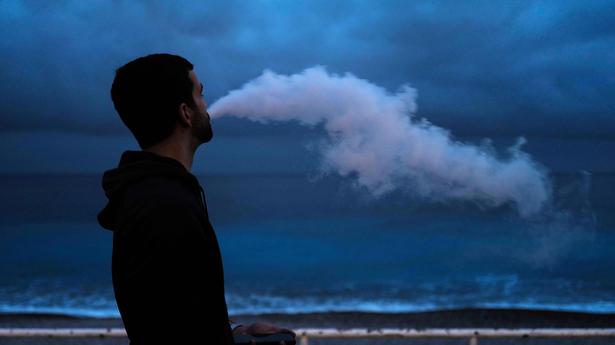
Canada to temporarily decriminalize certain drugs in British Columbia
The Hindu
The policy approved by federal officials doesn't legalize the substances.
Canada's government announced Tuesday it will allow the province of British Columbia to try a three-year experiment in decriminalizing possession of small amounts of drugs, hoping it will help stem a record number of overdose deaths by easing a fear of arrest by those who need help.
The policy approved by federal officials doesn't legalize the substances, but Canadians in the Pacific coast province who possess up to 2.5 grams of illicit drugs for personal use will not be arrested or charged.
The three-year exemption effective Jan. 31 will apply to drug users 18 and over and include opioids, cocaine, methamphetamine and MDMA, also known as ecstasy.
“Stigma and fear of criminalization cause some people to hide their drug use, use alone, or use in other ways that increase the risk of harm. This is why the Government of Canada treats substance use as a health issue, not a criminal one,” tweeted Dr. Theresa Tam, Canada’s chief public health officer.
The province's health officer, Dr. Bonnie Henry, said that with the policy, “we are taking an important step forward to removing that fear and shame and stigma.”
“This is not one single thing that will reverse this crisis but it will make a difference," she added.
British Columbia is the first Canadian province to apply for an exemption from Canada’s drug laws

The 29th edition of the Conference of Parties (COP29), held at Baku in Azerbaijan, is arguably the most important of the United Nations’ climate conferences. It was supposed to conclude on November 22, after nearly 11 days of negotiations and the whole purpose was for the world to take a collective step forward in addressing rising carbon emissions.










